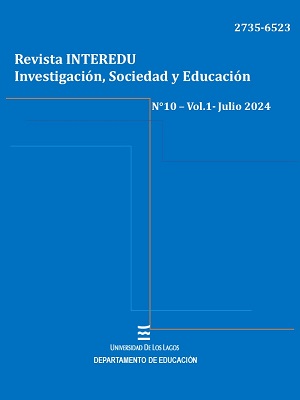LA NEGOCIACIÓN DEL APRENDIZAJE EN ENTORNOS DE COMPLEJIDAD
Contenido principal del artículo
Resumen
La educación, un fenómeno que ha bendecido al hombre, hoy lo maldice. La naturaleza burocrática, lineal y provisoria que los currículos plantean son una cuerda en el cuello para el aprendizaje, suplantando a este por formalizaciones representativas e ignorando consigo la radicalidad, complejidad y contingencia que conlleva su ejecución. Por esto, tanto docentes como estudiantes hoy sufren la educación, corren detrás del tiempo preestablecido curricularmente, sin querer, huyendo también del aprendizaje. Por estos motivos, el presente tema tiene como objetivo comprender el estado del fenómeno del aprendizaje en las instituciones educativas, a partir de un análisis funcional y estructural de estas, desde la perspectiva teórica de los sistemas sociales de Niklas Luhmann. La metodología con la que se aborda esta temática es de naturaleza bibliográfica, deductiva y descriptiva, puesto que, a partir de diversas fuentes y teorías, se analiza la educación institucionalizada para después describirla interpretativamente. La idea que defiende este texto es que el aprendizaje es una cuestión no primada en la educación institucionalizada, quedando en segundo plano, sucumbida por el código binario que rige las instituciones y plasmada únicamente en representaciones curriculares que no validan que el aprendizaje es algo contingente y erigido en complejidad, que únicamente si se negocia, puede lograr una consecución plena en los estudiantes.

